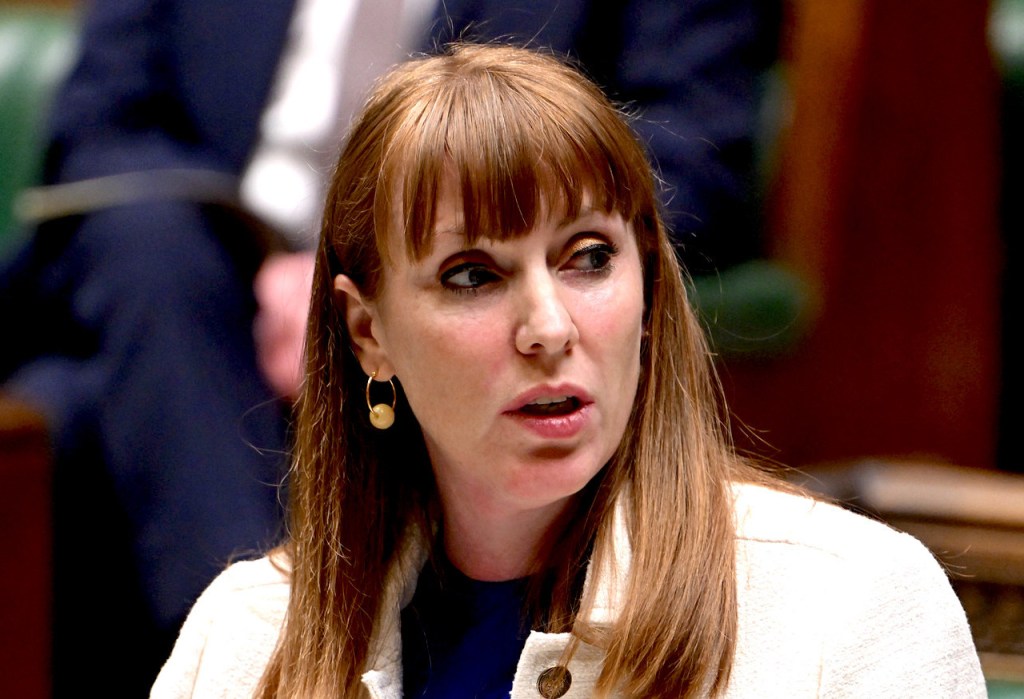India and Pakistan – two nuclear armed states – have a history of fighting wars. Tensions have been growing between the two nations after last month’s deadly terror attack in the Indian-administered part of Kashmir, with the drum beat of a deadly military confrontation growing louder by the day.
On Tuesday night, India an attack on nine sites in Pakistan and Pakistan-administered Kashmir. The Indian government said its forces launched ‘Operation Sindoor’, hitting ‘terrorist infrastructure’ in locations ‘from where terrorist attacks against India have been planned and directed’. India said its actions ‘have been focused, measured and non-escalatory in nature’. It pointedly said that no Pakistani military facilities have been targeted and that it had demonstrated ‘considerable restraint’ in its selection of targets.
The Pakistani military confirmed that three locations had been hit by Indian missiles. The Reuters news agency reported multiple loud explosions in several places in Pakistan and Pakistan-administered Kashmir. The agency quoted witnesses as saying that power was blacked out in the city of Muzzafarabad. Loud explosions were also heard in Bahawalpur. There were also reports of intense shelling. Pakistan’s defence minister, Khawaja Asif, has claimed that the Indian strikes hit civilian areas. He went on to dismiss as false India’s claim of ‘targeting terrorist camps’. Pakistan has vowed to respond to what it called a ‘shameful and cowardly attack’. A spokesman for the country’s military said all of the country’s air force jets are airborne, and that Pakistan will respond ‘at a time and place of its choosing’. Ominous words.
Relations between the two countries have deteriorated rapidly following last month’s deadly militant attack on tourists in Indian-administered Kashmir. 26 people were killed in the resort town of Pahalgam. Some survivors of the attack said that Hindu men were specifically targeted by the gunmen. Pakistan has denied any involvement in the attacks but Indian police say two of the four militants they suspect for the attack were Pakistani citizens. India’s prime minister Narendra Modi issued a warning that his country would pursue the perpetrators ‘to the ends of the earth’. The attack was the first major terror incident in Kashmir since 2019.
The Indian military strikes have raised the stakes much higher for both sides. Even a limited confrontation runs the risk of escalating out of control. Both countries have significantly upgraded their military capabilities since their last stand-off in 2019. The two nuclear-armed neighbours have fought three wars – in 1948, 1965 and 1971 – and clashed numerous times since gaining independence. The Kashmir region, which is claimed by both nations, is a perennial flashpoint in relations. It is vital that calmer diplomatic voices prevail at this unpredictable and dangerous moment, doing everything possible to prevent this conflict from spiralling further out of control. The potential for this crisis to spiral into all-out war, potentially involving nuclear weapons, is real enough.








Comments